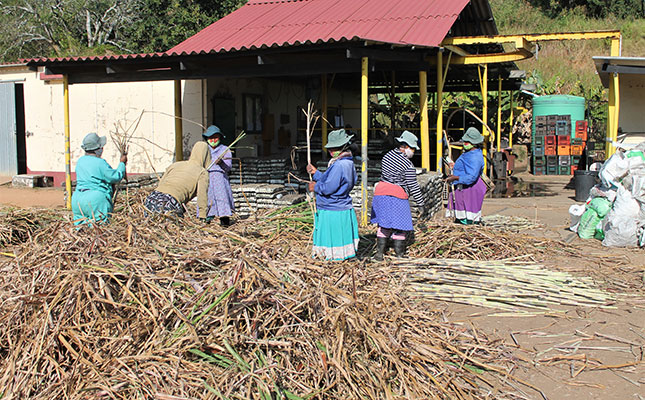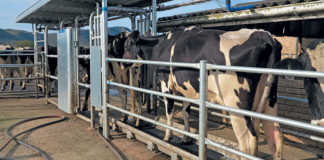Satawu already threatened to intensify the truck drivers’ strike should their demand for a 12% annual increase over the next two years not be answered. ‘‘The planting window for this season is already closing,” said Louis Meintjies, TAU SA president. He said if the strike continued, food availability would be affected and food would become expensive. He said that besides the fact that farmers could not send their produce to markets for fear of damage to their trucks, diesel supply on farms was also affected.
Dawie Maree, Agri SA senior economist, agreed that the non-delivery of diesel and other inputs would disrupt the planting season which would result in a shortage of food. The strike, should it continue, would affect South African exports for deciduous fruit which would lead to financial loss, said Maree. Currently the export window for stone fruit, apples and pears is still open. “Therefore, if the truck drivers transporting fruit from packhouses to the ports continue to strike, exports would be affected,” said Maree.
Thomas Mawasha, Joburg Market head of marketing said the strike has had an impact on supply to the market and on pickups since farmers and buyers were wary of getting their fleet damaged. “The decline in supply of produce is having an impact on prices, which seem to be about 10% to 15% higher,” said Mawasha. While the change of season also played a role in higher prices, “the strike does seem to be the major contributing factor to higher prices as producers are harvesting at lower levels in fear of transportation disruption,” Mawasha said.
“For the first time as a farmer I am highly affected by a public strike,” said Kobela Mokgohlwa, a small-scale cucumber farmer in Winterveld, Pretoria. “Initially we thought small-scale farmers would benefit from the strike by simply getting better market prices, because the commercial farmers wouldn’t be able to get their produce to the markets,” he said.
However, big retail buyers are not willing to risk their trucks getting damaged while coming from the market to stock up. He said the strike was not only affecting their sales targets which they need in order to service their bank loans, but they also had to lay off staff to keep the business afloat. Mokgohlwa said fresh produce was no longer being sold fresh, which caused prices to drop.












